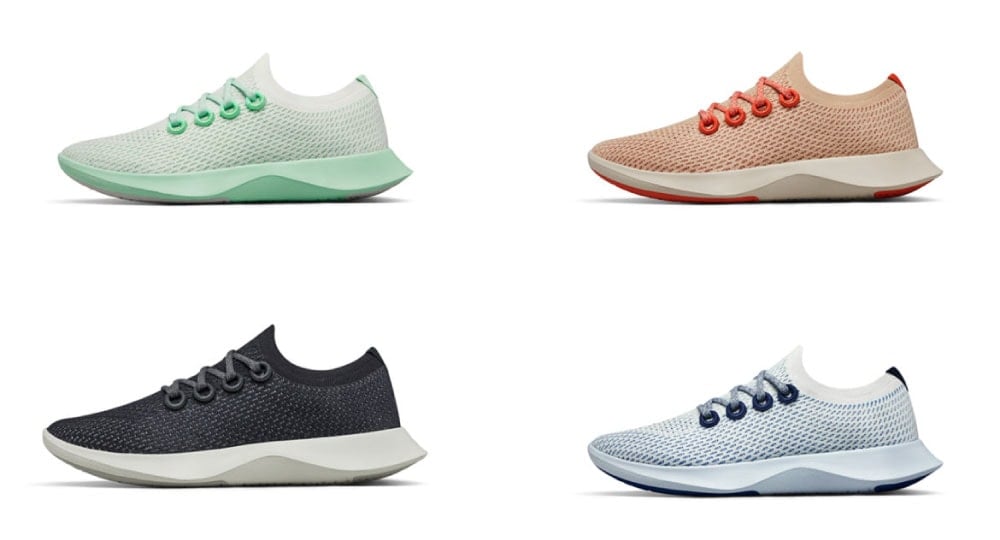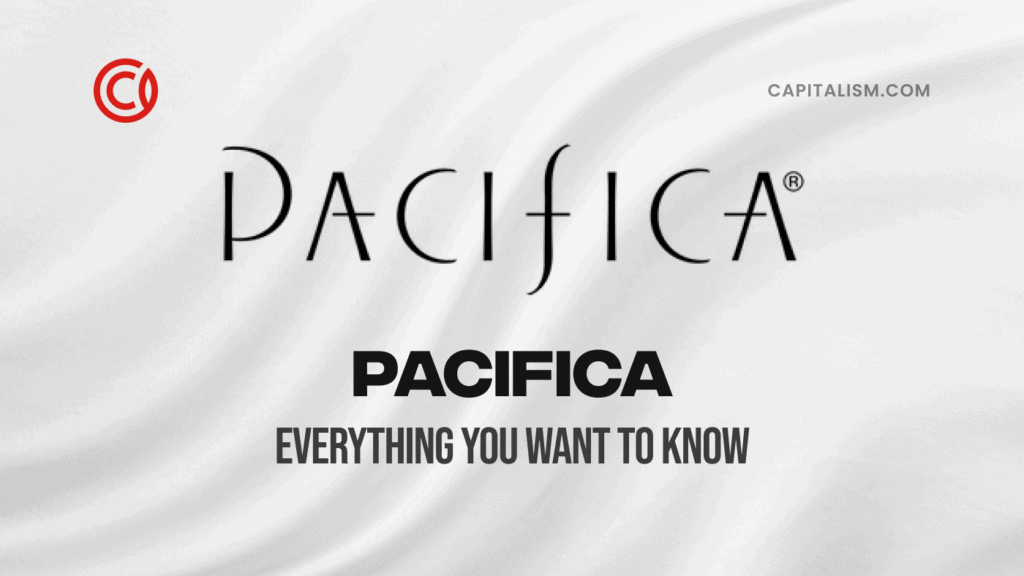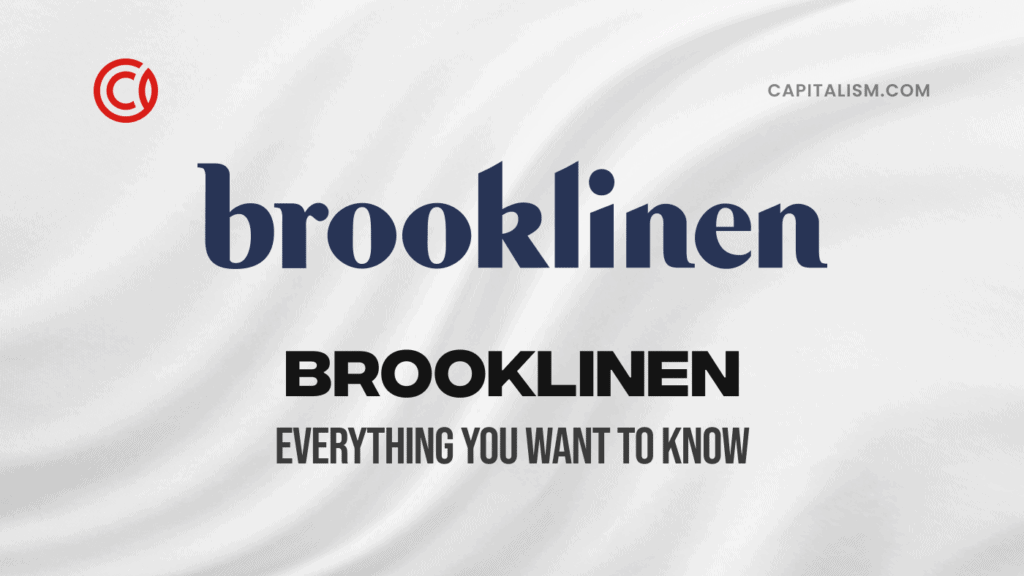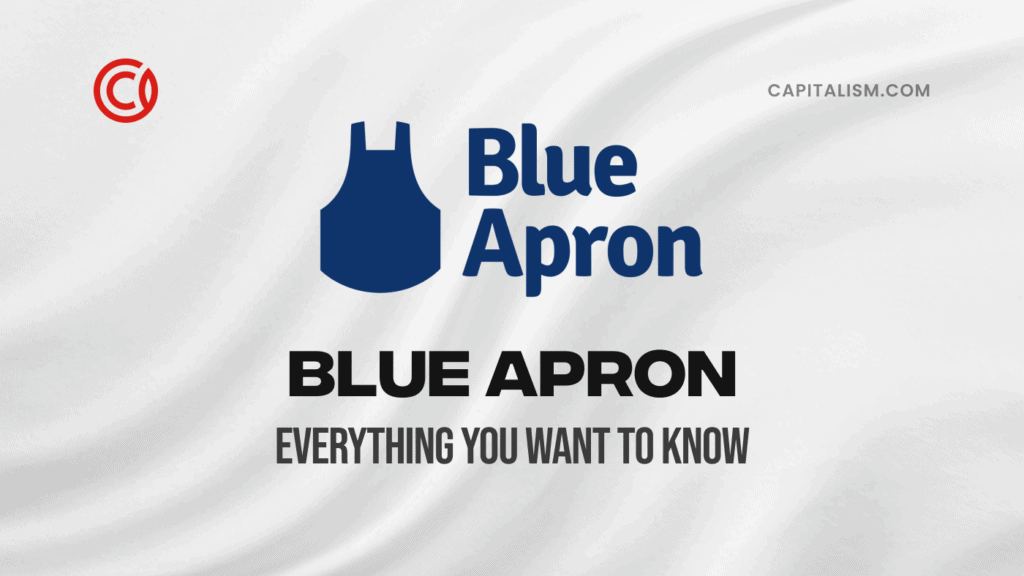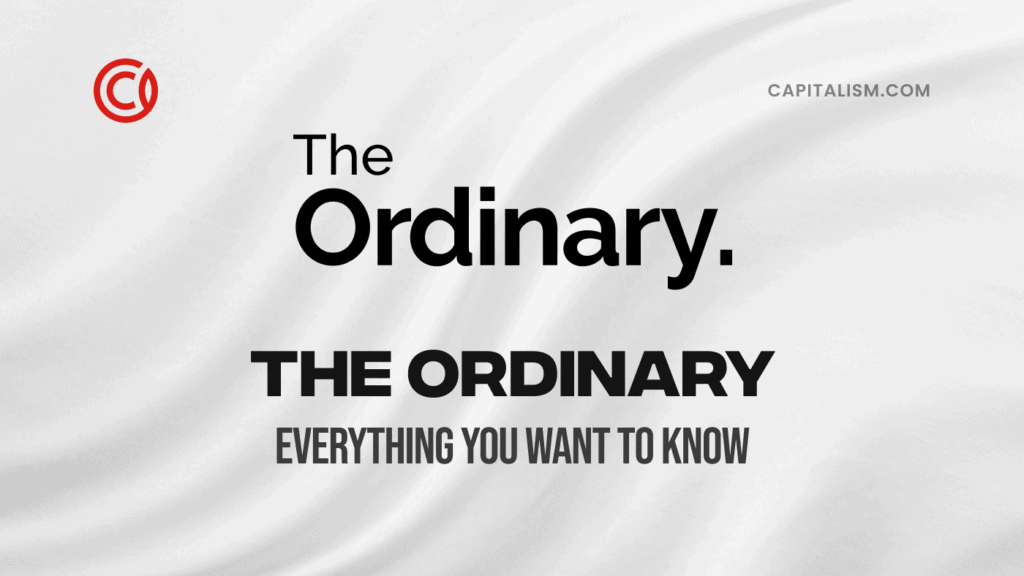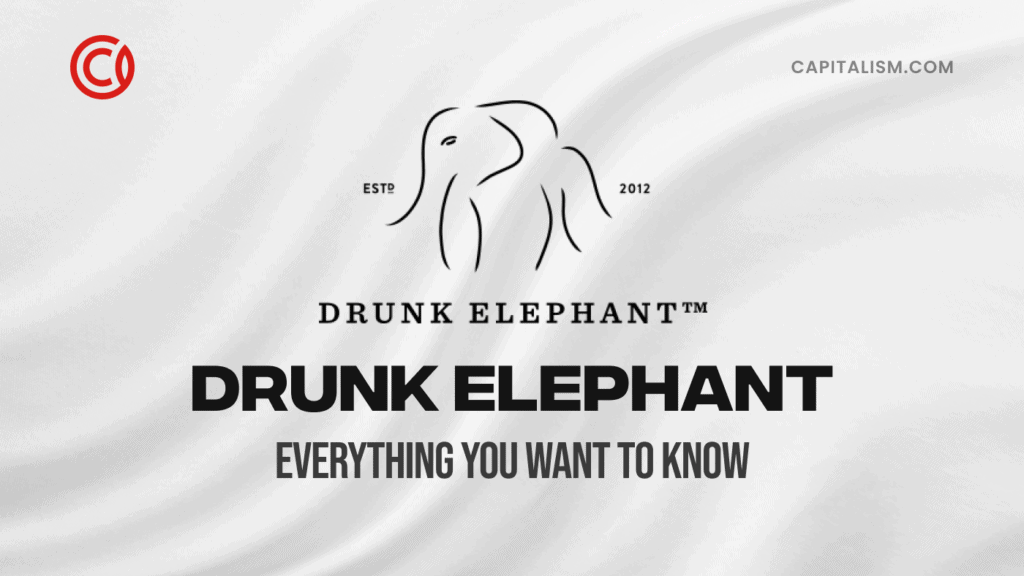Allbirds asked, "Can we create a greener shoe?" And would anyone buy it? Here's the sole-full tale of a brand that created "The World's Most Comfortable Shoes."
When shoes wear out, most people throw them away without a second thought. Unfortunately, footwear doesn't biodegrade overnight. Sneakers with rubber soles or plastic components are the worst offenders. They can take 30-40 years to decompose in the landfill. And they also have a massive carbon footprint. A single pair of running shoes can generate 13.6 kilograms of CO2 emissions. That's where Allbirds steps in.
Consumers purchase an estimated 19 billion pairs of shoes each year. To give you a better visual, that's approximately two new pairs for every person on the planet. The global footwear market is equally impressive. In 2020, it reached a value of $365.5 billion, and that number may surpass 530.3 billion by 2027.
While people need shoes, the damage they cause to the environment is a hard pill to swallow. Many consumers have started looking for ways to reduce their carbon footprint. This movement means the demand for eco-friendly shoes is greater than ever.
Would it even be possible to create a greener shoe?
Allbirds wouldn't exactly be the first company to go on a sustainability kick. Yvon Chouinard founded Patagonia in 1973. The company's mission: "Cause no unnecessary harm. Use business to protect nature. Not bound by convention."
Tim Brown and Joey Zwillinger, co-founders of Allbirds, set out to do it with a twist. The pair (pun intended) teamed up to design and market The World's Most Comfortable Shoes.
Here's how they turned their eco-friendly, niche idea into a multi-billion dollar green empire that would help change the world.
Love the Game, Hate the Shoes
Shoes are shoes, right? Nearly any professional athlete would beg to differ. The right shoes improve performance. They keep your feet cool. And perhaps more importantly, they are comfortable.
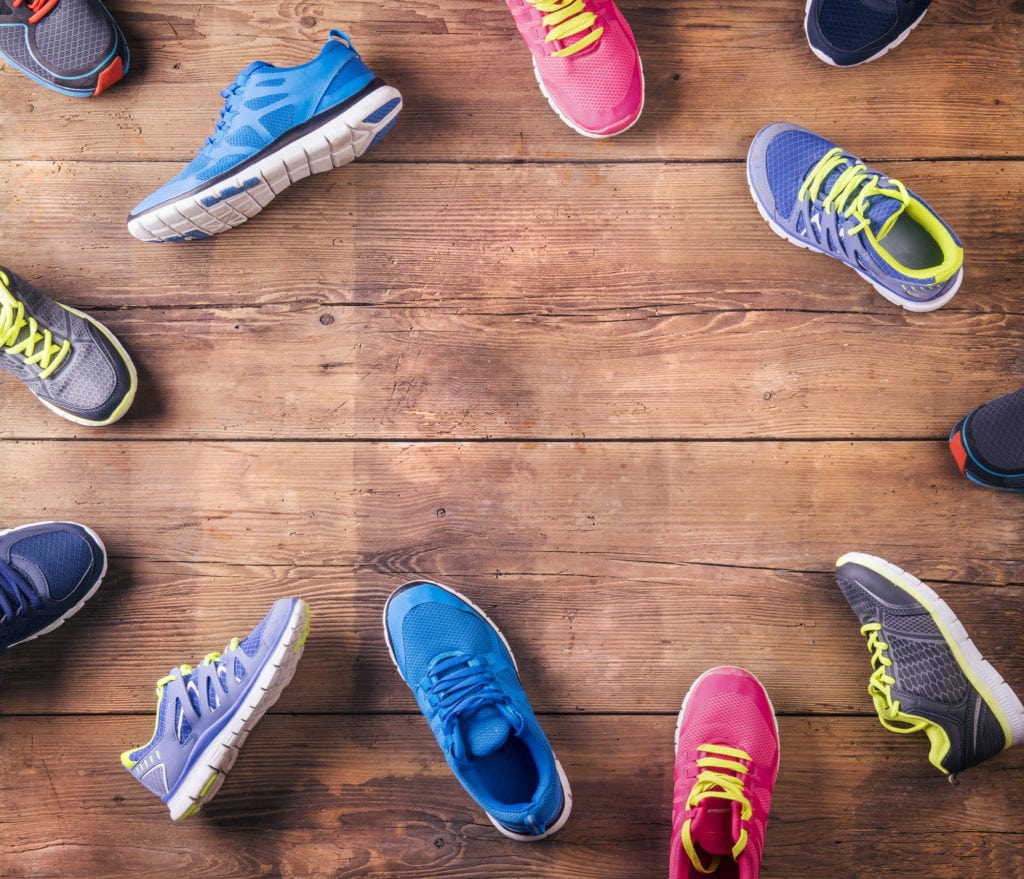
Before he started dabbling in the shoe industry, Tim Brown played soccer professionally. It was during this time that he began to notice a need for a better casual footwear design. The shoes on the market were too colorful, bulky, and showcased huge, gaudy logos. Worst of all, they had synthetic uppers and soles.
Brown had had it with the current selection. So, he began his quest to design a simpler, more utilitarian shoe made of sustainable materials.
But what material would work best for all-natural shoes?
It didn't take long for him to consider designing shoes with wool uppers. Sheep are a dime a dozen in New Zealand, Brown's homeland. He was very familiar with the feel and benefits of merino wool. The incredibly soft material stays warm in the winter and cool in the summer. Merino wool is also moisture-wicking.
Brown teamed up with Joey Zwillinger and embarked on a mission to create high-performance shoes using merino wool. Their eco-friendly journey would eventually lead to the birth of Allbirds running shoes.
A Mismatched Pair
Tim Brown and Joey Zwillinger are probably the last two people you'd expect to start a shoe company. Brown was a retired soccer player, and Zwillinger was a biotech engineer. However, they both shared a common interest—renewable materials.
Brown received a generous grant from the New Zealand Wool Industry to design a wool sneaker. In 2014, he launched a Kickstarter campaign and raised nearly $120,000 in just five days. Zwillinger happened to be one of the first investors. The pair began tossing around ideas on how to create a sustainable shoe.
Neither Brown nor Zwillinger had any experience in the footwear industry. To their surprise, shoes were pretty tricky to make. However, they didn't let a few uphill challenges slow down their journey. After about two years, they came up with the perfect merino wool sneaker.
On March 1, 2016, Allbirds officially launched. The San Francisco-based startup only had a single style at the time, but Brown and Zwillinger were confident in their product. An endorsement from Time Magazine didn't hurt either.
Time Magazine called Allbirds' first style, the Wool Runner, the World's Most Comfortable Shoes. The publicity created quite a bit of buzz with the brand's target audience. People looking for comfy, minimalistic, sustainable shoes came running.
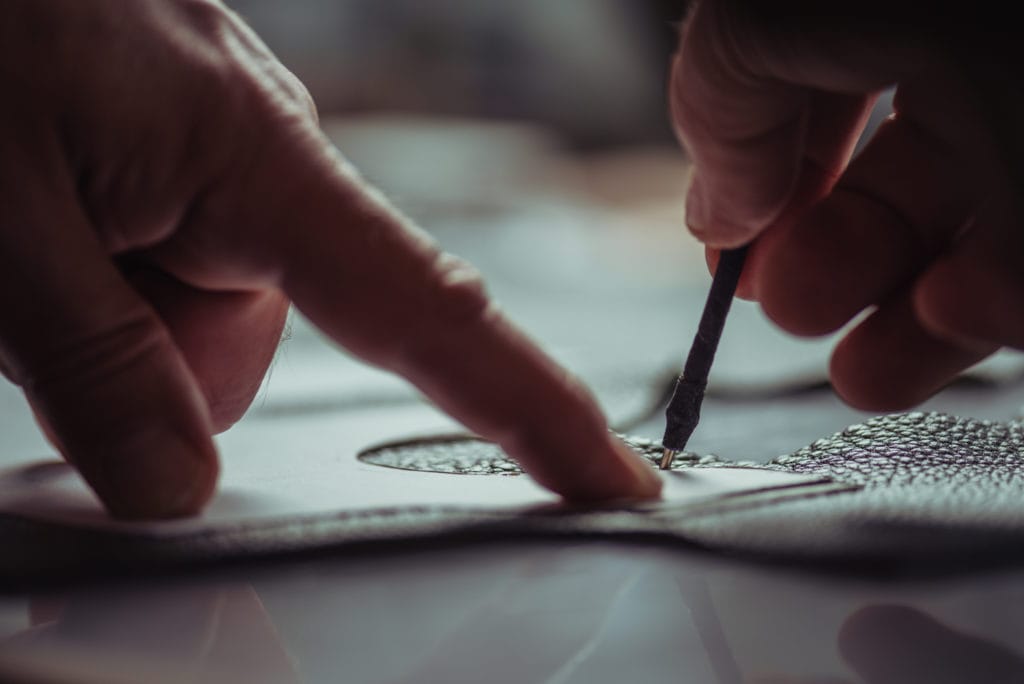
Running on Sustainability
After an extremely successful (and fittingly minimal) launch, Brown and Zwillinger set out to create their second product. Rather than rushing the production process, however, the team decided to take their time.
Allbirds has never been a company to flood the market with new products. Instead, the co-founders prefer to focus on quality over quantity. Above all, sustainability was a must. No matter the shoe size, the brand would find a way to eliminate its carbon footprint. Brown and Zwillinger use a three-step process to measure, reduce, and offset.
The first step involves measuring the emissions of everything. Yes, everything. This includes raw materials, product use, and end of life disposal. These measurements provide a clear picture of each product's carbon footprint.
With these footprint numbers in hand, Allbirds goes on to the next step—reducing. What can the company do to make the environment even cleaner than before? Traditional shoe manufacturers use rubber and plastic. But these materials are bad for the environment. Brown and Zwillinger choose to use natural materials instead. In addition to wool, the company also utilizes trees and sugar in the manufacturing process. These materials help reduce overall emissions.
Finally, the brand looks for projects that help neutralize its carbon footprint. It's time to offset any emissions the company does create. Ultimately, Brown and Zwillinger hope to drive the number down to zero.
A Focus on Raw Materials
Allbirds considers the environmental impact of everything it sources. Unlike other footwear manufacturers, the company only uses a few raw materials, namely wool, tree fiber, and sugarcane.
Having a limited product line means the company can put more emphasis on finding reputable suppliers. Many companies in the fashion industry settle for unethical wool suppliers. For Brown, that was not an option he'd even consider. Instead, he screened suppliers until he found one that treats the sheep well.
Allbirds is Forest Stewardship Council certified. This means they only source tree fiber from suppliers that do their part to protect forests and wildlife. Likewise, the brand has its sugarcane suppliers audited by a third party. This measure ensures they meet specific environmental standards.
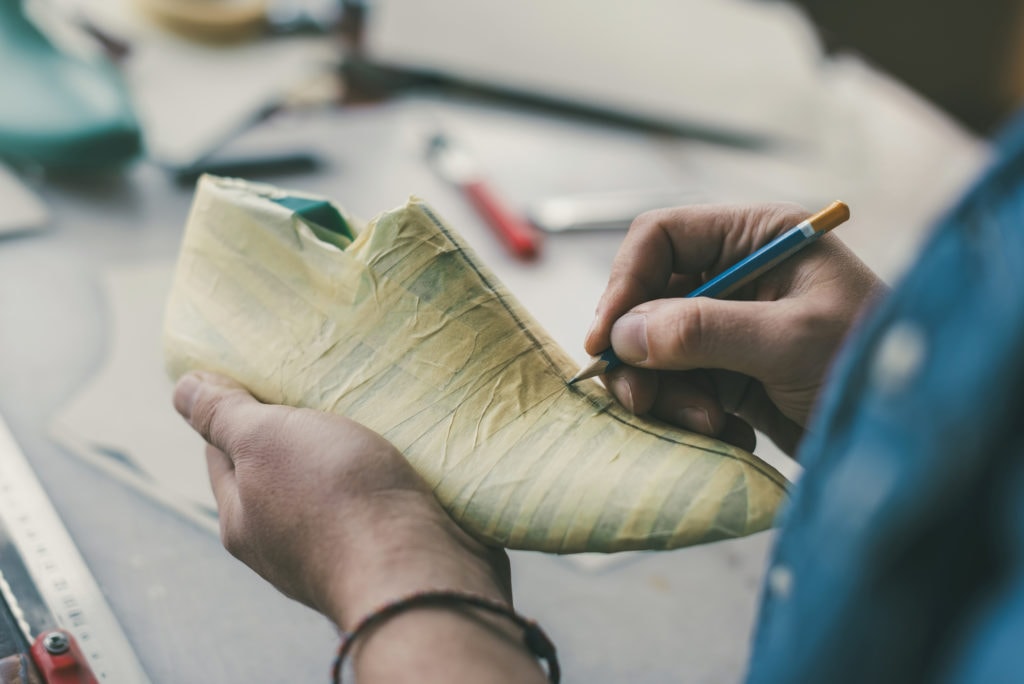
Limiting the number of virgin materials is also essential. Brown sources recycled products whenever possible. For example, the brand uses 90% post-consumer recycled cardboard for its packaging. The company even managed to create shoelaces from post-consumer plastics.
Why do so many companies shy away from sustainable practices? They're afraid of losing money. Yes, sourcing higher quality goods from ethical suppliers is more costly. However, 37% of consumers seek out environmentally-friendly products. And they will pay a premium of 5% without question. Allbirds' commitment to sustainability proved it's possible to scale a 7-figure business without making any compromises. All it takes is attracting your audience. People will pay a premium to support a cause they believe in.
Becoming a Certified B Corp
Just a year after launch, Allbirds became a certified B Corporation. Obtaining this certification isn't an easy process. There are only about 2,500 certified companies worldwide. Certified businesses must meet the highest standards for social and environmental performance.
B Corps use their profits to better the community and environment. They strive to reduce social inequalities and prevent poverty. Becoming a B Corp seemed like the next logical step for Brown and Zwillinger. They launched their business as a way to serve their audience and save the environment. And this prestigious certification further solidifies their business plan.
Comfort Creates Raving Fans
Does Allbirds really make the most comfortable shoes in the world? The brand's raving fans would say yes. In the first two years, the company sold over a million pairs. Customers spend an average of $95 per pair without batting an eye. Why? Comfort and quality.
Fans leave glowing and often creative Allbirds reviews all the time. They can't wait to share their experiences with others. Some reviews compare the shoes to "slippers made of clouds." Customers can't believe their feet still smell fresh even when they don't wear socks. Others simply agree that "the hype is real."
These reviews aren't without merit. The brand sources quality materials and doesn't skimp during the manufacturing process. Instead of designing flashy shoes with gimmicky features, the goal has always been to make the best shoe possible.
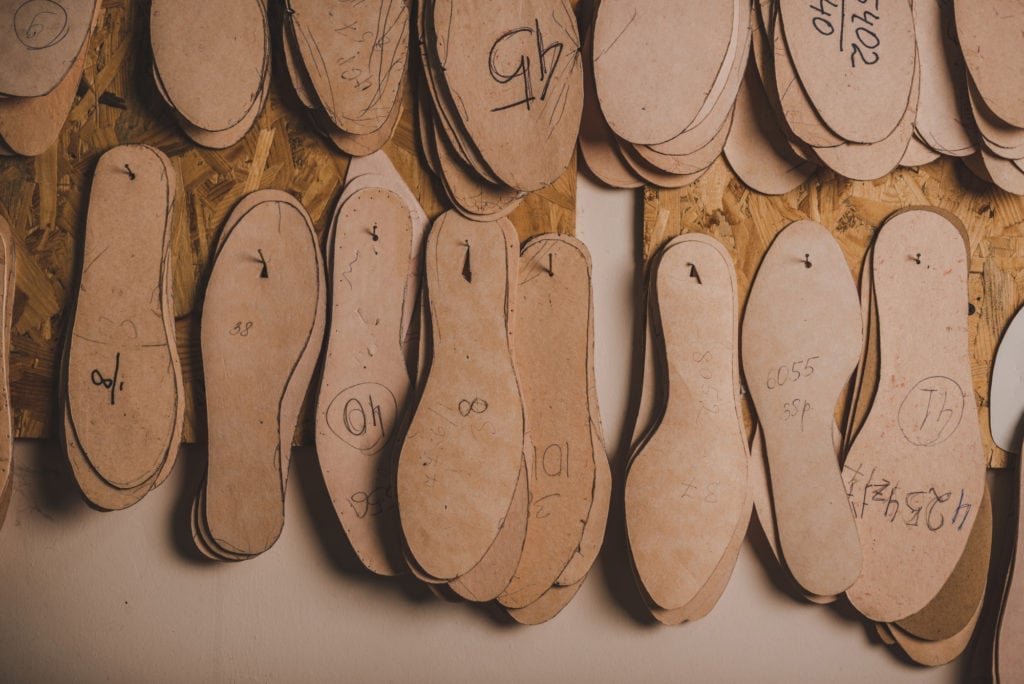
Marketing Comes Naturally
The company relies on innovative marketing campaigns to broaden its reach. But every strategy still reflects the brand's culture and mission. In 2018, for instance, Allbirds launched its famous "Meet Your Shoes" campaign. This creative and humorous campaign allowed customers to meet the merino sheep behind the shoes.
Why was this campaign successful? Transparency.
Eco-conscious consumers want to know where and how companies make their products. Seeing the main character in a 30-second spot walk up to a wooly sheep does just that. And it's memorable.
When people stumble across clever marketing, they are likely to share it with others. Word-of-mouth is one of the best ways to gain new customers. People tend to value the opinions of their friends more than those of complete strangers.
Allbirds runs a variety of online ads. The company frequently uses Facebook and Instagram ads to help create more online awareness. You'll even find the brand engaging with followers on social media. With all of their marketing, consistency is key. Maintaining a consistent message helps boost brand recognition.
Any online marketer will tell you that these strategies aren't new. Most companies use them. But Allbirds markets in a way that speaks directly to its target audience. Innovation isn't just important in product development—it's also crucial in marketing.
Hybrid Direct-to-Consumer
When Brown and Zwillinger started Allbirds, they wanted to provide customers with the most personal experience possible. The duo felt a direct-to-consumer model would be the best way to bridge the disconnect between retailers and buyers. But customers wanted to buy Allbirds in stores, too. So, the company listened. If you want to purchase a pair, you must either visit the brand's e-commerce site or head to a brick-and-mortar Allbirds store. There are currently 20 stores throughout the United States, Europe, Japan, and China.
There is one exception to this direct-to-consumer rule, however. In 2018, Allbirds partnered with Nordstrom for a "pop-in" (a unique shopping experience that introduces shoppers to trendy, up-and-coming startups). The limited-time Allbirds sale only lasted a month. The company hasn't entered any other retail stores since.
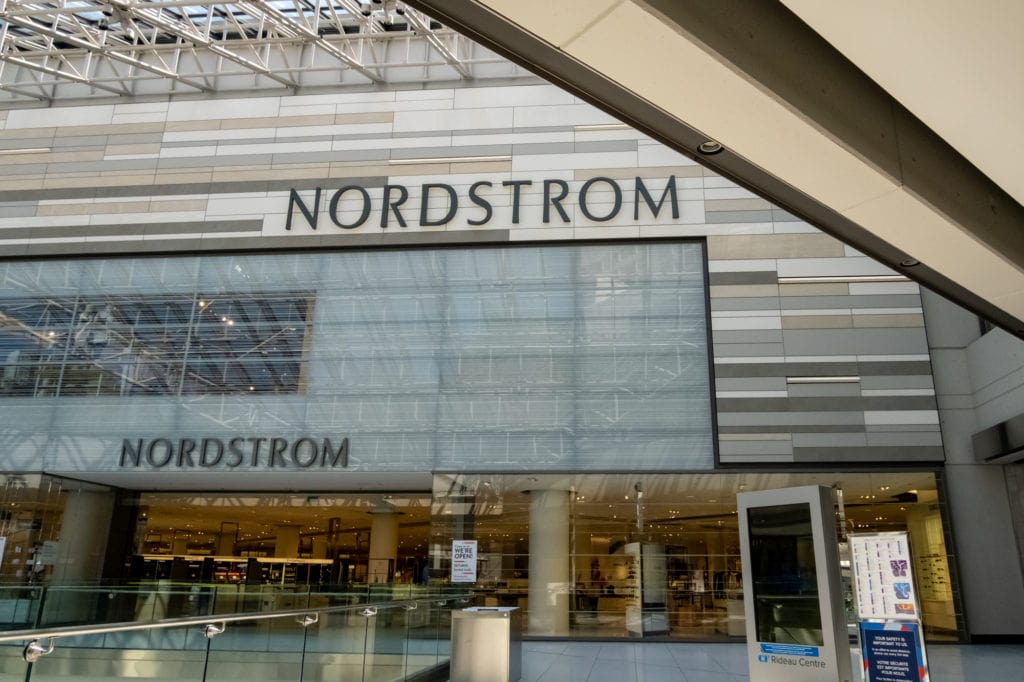
What Is Allbirds' Secret to Success?
It's no secret that Brown and Zwillinger experienced success very quickly. But even after the new shoe smell wore off, people continued to buy their products. Here's how they manage to stay relevant in a highly competitive industry:
Avoid retailers.
As you just learned, Allbirds isn't in any retailers. Zwillinger credits the direct-to-customer model for much of the brand's success. Cutting out the middleman increases profit margins. It also makes the brand fully accountable for all customer interactions. This type of personalized engagement produces customers who feel valued and appreciated.
Focus on sustainability.
Allbirds serves an eco-conscious audience. Doing everything possible to maintain its green image is the reason the company has so many repeat customers.
Keep things simple.
Introducing too many products at once can overwhelm an audience. When Brown and Zwillinger launched with just one shoe, many people thought it was a bad idea. But that decision saved money and made it possible for the brand to invest in more sustainable materials. Don't rush to expand your product line too soon.
Never offer discounts.
Some say that sales devalue products. Better to attract customers who will pay a premium for the absolute best product on the market than to attract bargain shoppers. Those ideal customers will be with you for life. The bargain shoppers will only stay as long as nobody offers a cheaper product.
Prioritize design and function.
Comfortable shoes don't have to be ugly and vice-versa. Brown believes style and comfort are equally important, and customers seem to agree.
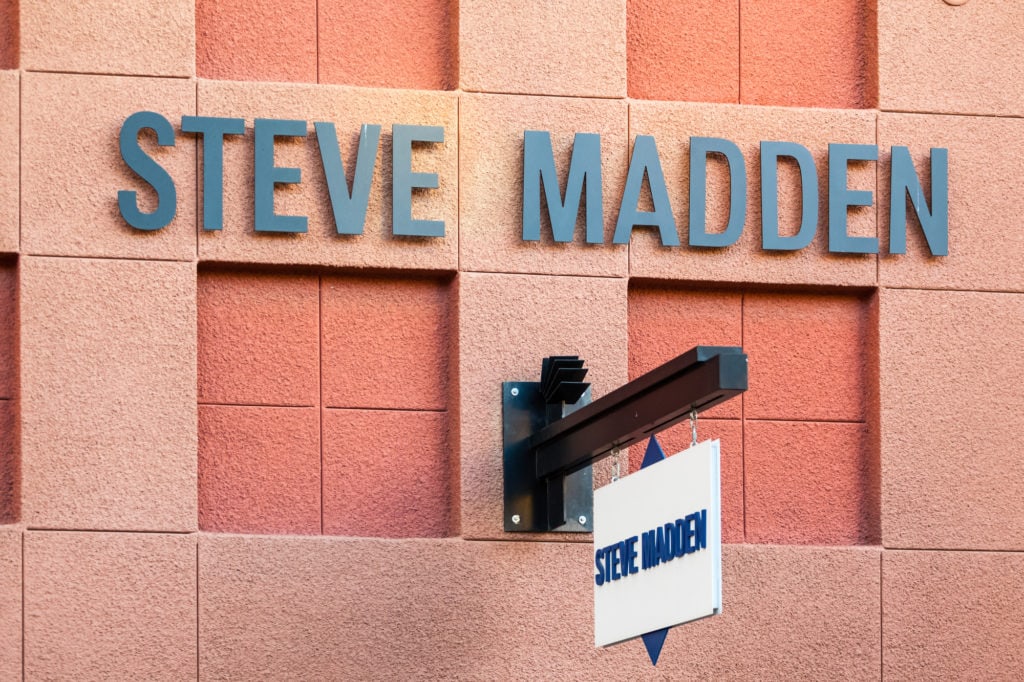
The Best Form of Flattery?
Innovation breeds copycats—or in this case, sheep. In 2017, Allbirds sued Steve Madden for selling look-alike shoes. The brand alleged that Steve Madden copied its signature wool sneaker. Proving the case without a concrete trademark, such as a prominent logo, was difficult. Regardless, both parties eventually settled.
That wouldn't be the only intellectual property dispute. In 2019, Amazon's in-house brand started selling a knockoff of the Wool Runner. Amazon's cheaper version retailed for $45, nearly half the cost of the original. However, this time, Zwillinger wasn't bothered by the blatant copying but rather by the lack of sustainability. If Amazon wanted to steal the design, he hoped it would also steal Allbirds' ethical business practices.
"Given what I know about manufacturing, there is no way you can sell a shoe for that low. Not while taking care of all the environmental and animal welfare considerations and compliance we take into account."
Taking legal action against Amazon wasn't realistic. Instead, Allbirds decided to try a different approach. It used the publicity from the matter to draw attention to Amazon's lack of sustainability. PR stunt? Perhaps. But it did make people think twice before spending money on a cheaper product that wasn't ethically sourced.
Charitable Partnership with Soles4Souls
While the environment has remained at the forefront of Allbirds' mission, the company wanted to find other ways to give back to the community. It decided to partner with Soles4Souls, a 501(c)(3) non-profit dedicated to providing relief, fighting poverty, saving the planet, and empowering women.
Allbirds donates used shoes to Soles4Souls, which then gives the products to communities in need. The program not only ensures people have shoes on their feet. It's also a way for recipients to generate an income by selling the gifted items in local marketplaces. The partnership with Soles4Souls helps lift people out of poverty and boost morale.
"It's part of our promise to be a little bit better," explained Tim Brown.
Stepping Up During a Global Crisis

No one could have foreseen the devastating impact of the COVID-19 pandemic, especially healthcare workers. Doctors and nurses everywhere found themselves working overtime, trying to save as many lives as possible. These essential frontline workers willingly put themselves in harm's way. Some even caught the virus and exposed their families. Regardless of the risk, healthcare workers continued stepping up to the plate. They often did so wearing stained scrubs, reused PPE, and worn-out shoes.
Allbirds recognized the selfless sacrifices these hardworking individuals made each day. The brand also realized how much time healthcare workers spend on their feet. During a 12-hour shift, the average at most hospitals, nurses walk between 3-5 miles.
Most high-quality running shoes last between 300-500 miles. Nurses should replace their shoes every 3-6 months, but most don't have the extra funds or free time to pick up a new pair. Allbirds identified this problem and decided it could make a difference.
In March of 2020, the shoe company announced it would gift a pair of running shoes to any medical professional working on the front lines. The response was overwhelming. In just five days, it donated over $500,000 worth of shoes.
This generous gift wasn't cheap for the company. Brown and Zwillinger began to brainstorm how to continue the program in a fiscally sustainable way. They came up with a buy-one-give-model. Whenever a customer purchased a pair for themselves, Allbirds split the cost of a donated pair. Consumers gladly participated in the program, knowing their contribution made a difference.
To date, the brand has supplied over 50,000 pairs of Allbirds Wool Runners to healthcare professionals.
IPOs: Millions More to Play With
In September 2020, despite a decrease in business due to COVID, Allbirds landed $100 in Series E funding, led by Franklin Templeton. Since the brand first launched in 2014, it has raised over $200 million from 26 investors. This most recent funding round pushes the company's valuation to an impressive $1.7 billion.

Even though the company has lost money since its inception and says it "expects it will continue to be unprofitable for the foreseeable future, as it prepares to debut on Wall Street through an initial public offering. Allbirds said it has applied to list its Class A common stock on the Nasdaq exchange under the ticker symbol BIRD."
The funding will allow the brand to branch out into different product categories. It will also help the company continue to expand into international markets. They'll facilitate the opening of new brick-and-mortar stores. As co-founder Joey Zwillinger states, "Business can be a force for positive change. This additional capital will allow us to further our mission of bringing more sustainable products to people around the world."
Take Your First Step
The founders of Allbirds looked at the shoes available on the market and hated what they saw. They wanted better, more comfortable shoes - but they also wanted to help the environment. Delivering an innovative solution that attracted raving, diehard fans willing to pay a premium price didn't just make their business explode. It's also serving its audience and caring for the planet.
Thanks to capitalism, anyone can build a business they're passionate about while serving a specific audience. There is always room for innovation—no matter the niche. The world needs more problem solvers to take the first step.
YOU can help change the world.
As an entrepreneur, you'll be the innovator who solves problems for millions—and make millions in the process. Ready to get started? The Capitalism Incubator can help you move faster. We've got the business ideas, connections, and funding you need to get the kind of 8-figure exit that could set you and your family up for life. Learn more and apply here.
